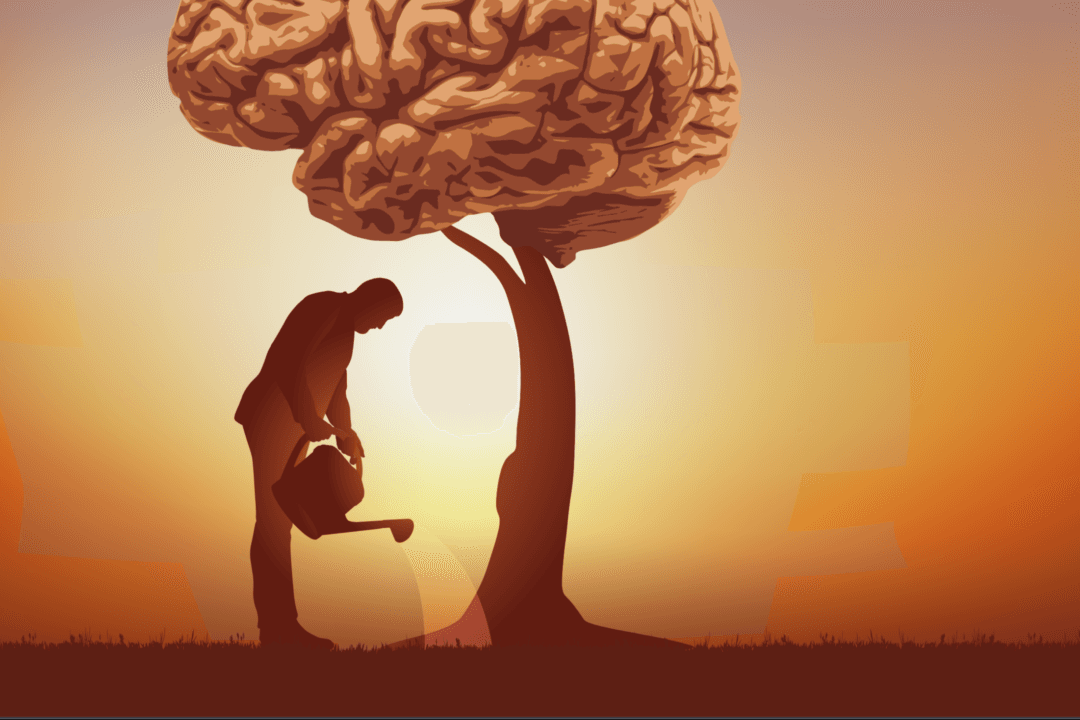“Brain fog” is a frequently mentioned symptom in recent years.When people describe themselves as having brain fog, they often mention poor memory, difficulty concentrating and slow thinking. In addition to COVID-19 related brain fog, intestinal problems can also be one of the factors that trigger brain fog. What are the ways to improve brain fog from the intestines and brain?
According to Dr. Chih Hao Lin, neurologist and director of the Brain Stroke Center at Lin Shin Hospital, brain fog is cognitive dysfunction. Memory, judgment, behavior, emotions, languages, spatial sense, and other cognitive functions are all part of the brain’s operations.





